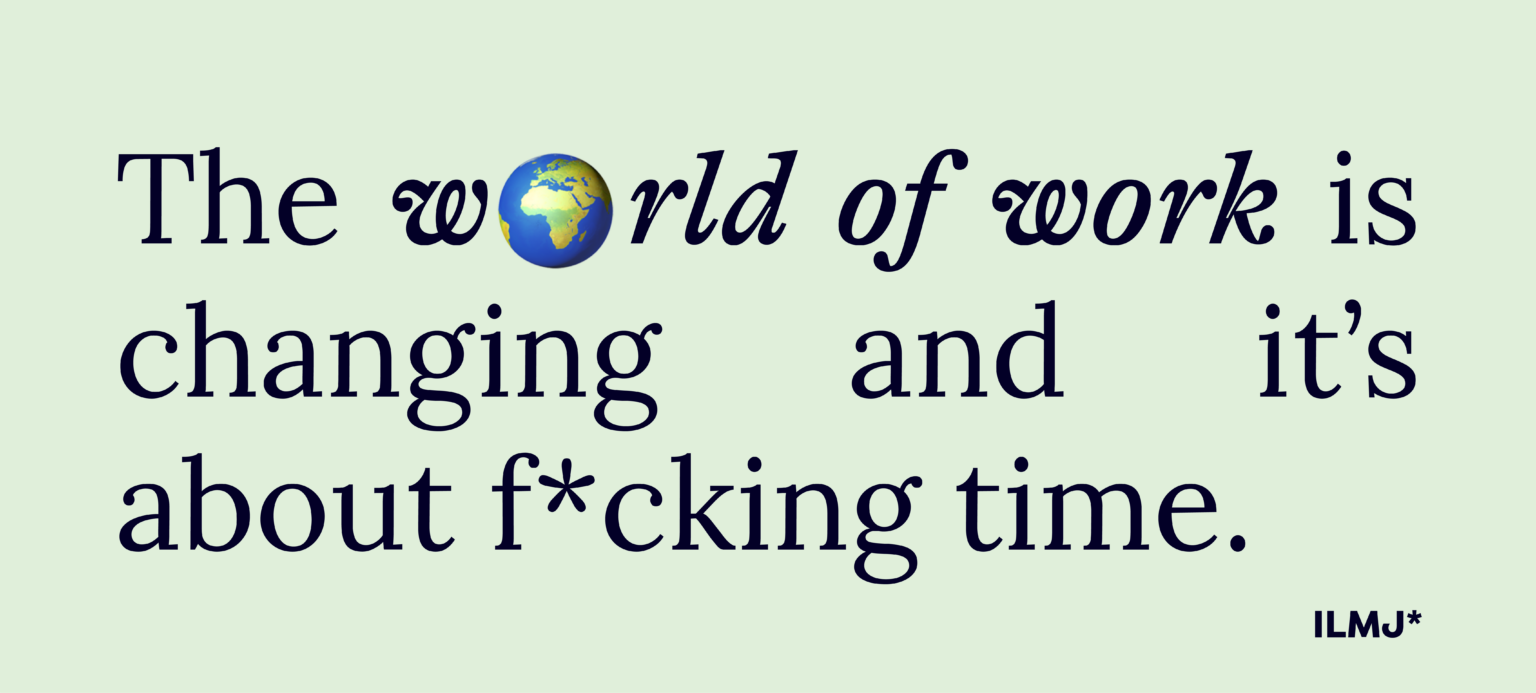Post-Pandemic Burnout
The pandemic gave us a lot of things: advancements in medical technology; new passions for interior design; and the chance to finally perfect that banana bread recipe. But above all, it gave us the time to reflect on and self-interrogate our values, dreams, and ambitions. From that period of mass self-reflection, came the awareness of a phenomenon which, until then, had been met with facetious indifference – burnout.
But what is burnout? Mental Health UK defines burnout as a state of “physical and emotional exhaustion [that] occurs when you experience long-term stress in your job, or when you have worked in a physically or emotionally draining role for a long time.” Common symptoms of burnout include:
- Feeling tired or drained
- Feeling trapped, hopeless, or defeated
- Having little motivation to work
- Self-doubt
- Deliberate procrastination or self-sabotage.
Before the pandemic, it was common to dismiss burnout as laziness or simply being tired. Any complaints about feeling burnt out would usually have been met with comments like “suck it up,” stop whining,” or in the most serious of cases, “take a short break.” But the pandemic gave us the time to pay closer attention and recognise how serious a mental health problem burnout is.
The “Great Resignation.”
As awareness grew around burnout, more and more people started to realise that they were feeling burnt out and unsatisfied in their jobs. In an article for Forbes, Ashley Stahl reported a study which found that 76% of U.S. workers admitted to feeling burnout in 2020. Similarly in the UK that year, 46% of workers felt ‘more prone to extreme levels of stress,’ though only 23% felt that their workplace had measures in place to prevent that chronic stress and burnout [Source: Mental Health UK]. This awareness has contributed directly to what is known as the “great resignation,” which has seen many workers leave their jobs due to poor work-life balance, chronic work stress, and unfair wages. Instead, they are looking for jobs which offer better pay, greater flexibility, and a higher sense of fulfilment.
Building a new foundation
It wouldn’t be long before this shift in perspectives infiltrated its way into pop culture. In just one short year, we’ve gone from celebrating “hustle culture” to championing a new way of living which prioritise freedom, adventure, joy, and health. And who better to speak – or rather, sing – about this change than Beyoncé, the once self-professed workaholic? Beyoncé has always had a talent for articulating the zeitgeist through her music, and this is exactly what she has achieved through her new hit-single Break My Soul, which was released earlier this summer.
The central message of Break My Soul is simple: Beyoncé is seeking to build a “new foundation,” one which prioritises rest, love, joy, and health. To do that, we must let go of the toxic behaviours and habits we previously let slide. The song opens with the repeated lines, “release ya job” and “release the stress,” and continues into the first verse to explore in more detail the idea of quitting a stressful and overworked nine-to-five job in search of a new drive. These themes of a new “drive”, new motivation, and new foundation, are recurrent through the song and signify the change in perspectives that are happening in society. “Hustle culture” is dead. We will no longer prioritise money for money’s sake. We are learning that there is more to life than jobs and salaries.
It’s not anti-work.
Many critics wrongly think of this new change in perspectives as being “anti-work,” but that’s a misunderstanding. As Barnaby Lashbrooke at Forbes suggests, a more accurate moniker would be the “change-work movement.” Understood correctly, the movement is one which encourages different priorities and ambitions from the ones we’ve traditionally been fed by the capitalist workaholic narratives of the twentieth century. Instead of framing hard work, business success, and material wealth as the pinnacle of life, the “anti-work” movement places greater emphasis on the value of family, personal health, passions and hobbies, and the pursuit of happiness.
That’s not to say that it is against work. We all need to work, and the movement doesn’t deny this fact. But contrary to popular thought, the movement teaches us that ‘workaholism and salary’ are not universal indicators of success. Success can look like different things to different people. To some, it may be the chance to spend their lives doing something they love. To others, it may be the chance to do something that positively impacts their community. And yes, there are those who see success as making a lot of money. The important thing is that there are no right or wrong answers. What success looks like is up to you. ❤️
Finding Happiness at work
Though we spend more than a third of our waking lives working, in a recent job satisfaction poll by The Independent, it was found that only 17% of the UK population claim to love their job. But it doesn’t have to be that way. It’s possible to find happiness at work, if you change your approach to it.
On the one hand, you can pursue jobs which are more in line with your interests and goals. When you do something you love, your brain releases the hormones dopamine and serotonin, which induce the feeling of happiness. It’s the same when you achieve something meaningful, like that trophy for a community football match or finishing a passion project you’ve been working on.
And it’s not just what you do, but where you do it. Workplaces – especially in the corporate field – grew a reputation for being cut-throat environments in the late twentieth century. But today, we’re starting to see the benefits of cultivating happier and more nurturing work environments. Treating your co-workers with empathy, trust, and respect releases the hormone oxytocin, which is responsible for the feelings of love we have for our partners, friends, and family. Oxytocin also promotes better communication, social bonding, and emotional intelligence, which contribute to a healthier workplace.
By seeking out work that you find meaningful and fulfilling, and workplaces which are nurturing and supportive, you’re more likely to find happiness at work. And, as Mark Twain said, “Find a job you enjoy doing, and you will never have to work a day in your life.”
The benefits of loving what you do:
❤️ Better mental and physical health.
One of the cornerstones of this new perspective is that we should no longer tolerate toxic work environments, i.e. those that cause excessive stress or lead us to lose sleep. Of course, stress is unavoidable, but by seeking healthier and happier workplaces which are sensitive to our needs, shortcomings, and work habits, we can foster work environments that are better for our mental and physical health.
❤️ Better work-life balance
The idea of a 5-day 9-5 working week was created in the 1900s at a time when men were expected to be the breadwinners and women were expected to be stay-at-home wives. But whilst society may have progressed with regard to gender roles and women’s rights, we haven’t adjusted our workplaces to accommodate for this change. For families with two working parents, sustaining a 9-5 job whilst simultaneously looking after a home (and possibly young children), can be incredibly stressful and demanding. It leaves little time for anything else in the day.
As a result, some companies have recently started trialing flexible work hours and hybrid-remote working. Finding a job in companies that allow for such flexible work models brings the benefit of being better able to manage your work-life balance, leaving more time for you to relax and focus on doing what you love.
❤️ A more holistic view of the self
It’s easy to get lost in the pursuit of success, and think that your entire self-worth is tied to your salary, job title, and productivity. But you are more than just your job or the sum of your career milestones. Outside of work, you exist as a whole individual with your own dreams, passions, and talents. By shifting this outdated perspective on work, we can start to undo the negative habits of tying our self-worth to our work, and instead cultivate a more holistic view of the self.
❤️ You will have more motivation to work
How many times have we heard our relatives complain about going into work on a monday? That doesn’t need to be the case. If you are happy in your work, you’ll be self-motivated, which means that you will not only be much more productive, you’ll also look forward to going into work.
According to Mihaly Csikszentmihalyi, a distinguished Hungarian psychologist, being able to enjoy your work is also a key factor in getting into a state of flow. A state of flow is the experience you have when you are “in the zone”: fully focused, creative, and with ideas flowing easily.
Is it time for us to reconsider our expectations around jobs and workplaces? If Beyoncé, and pop culture, are to be believed, the answer is yes. As we progress into the twenty-first century, it’s time to leave behind antiquated notions of work and success. Maybe, the solution to a happier life, is to do something you love and work for a company that aligns with your values.



